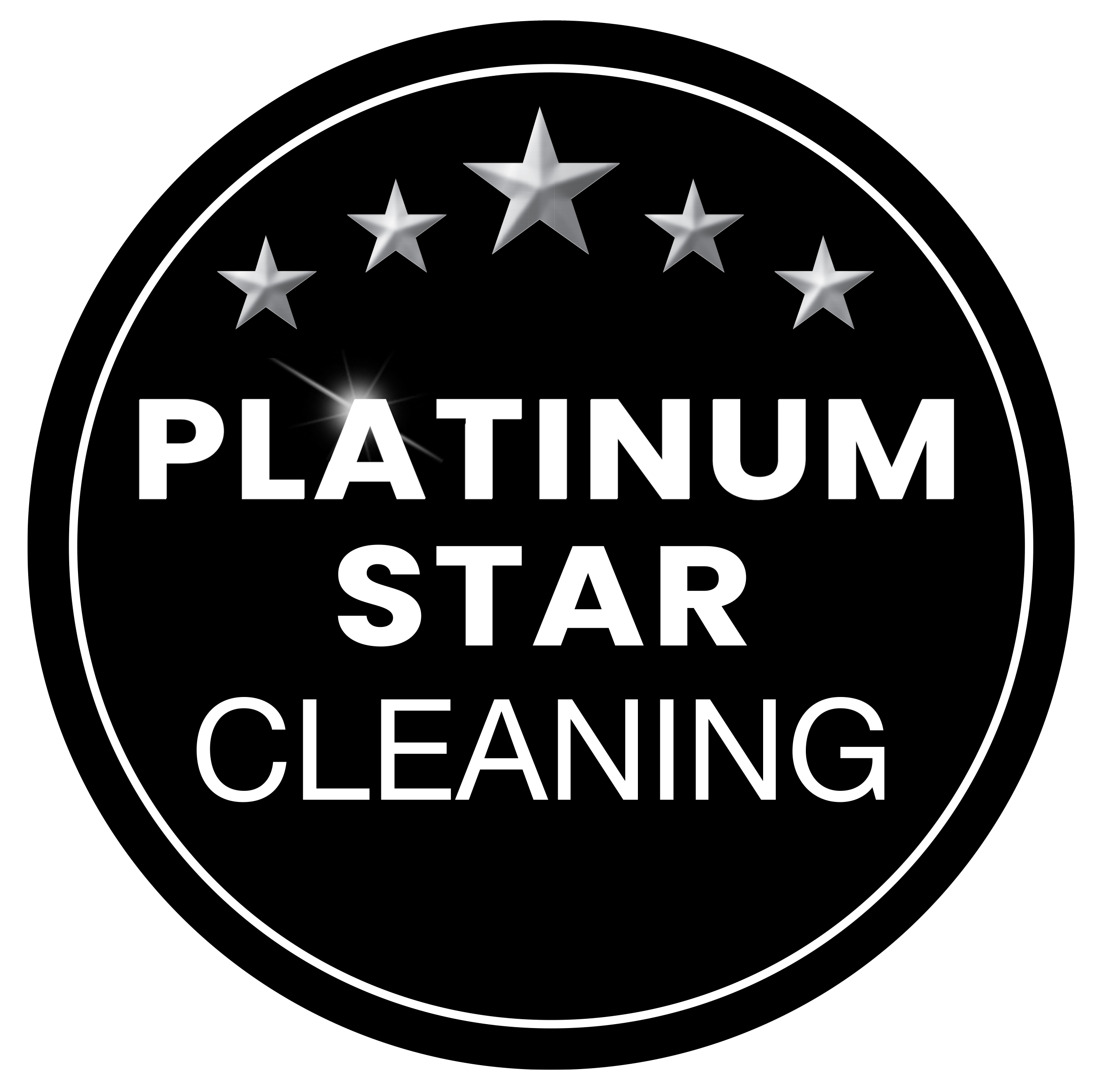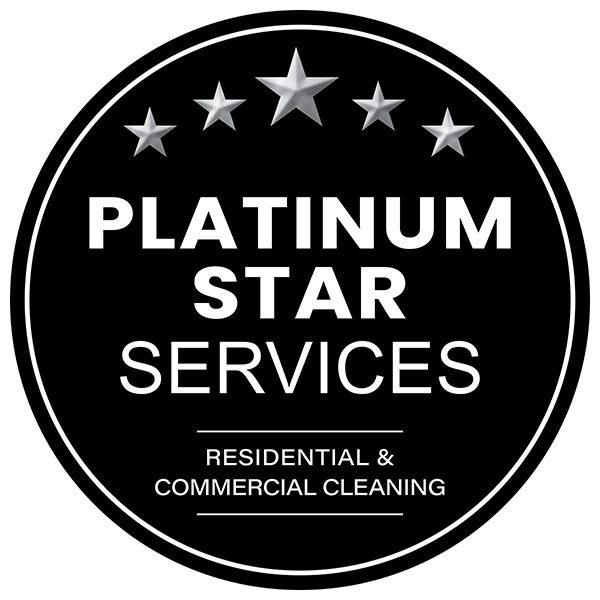If you’re a pet parent, you know that keeping a clean house can seem like a neverending project. It seems like your pets leave more of a mess behind them than you can keep up with. Just because you share your home with fuzzy friends doesn’t mean you have to give up the beautifully clean home you deserve.
When you have pets in your home, it’s important to be mindful of the cleaning products you have on hand. Not all commercial cleaning products are safe for use around animals. There are certain chemicals you want to steer clear of, as they contain harmful components that are toxic to pets. Keep reading to find out how to safely clean your home with pets, and keep it that way!
Say NO To Bleach, Ammonia, and Isopropyl Alcohol
Many household cleaners include harsh chemicals, like bleach, ammonia, or rubbing alcohol. While these chemicals are very effective are cleaning up spots and stains, they contain ingredients that are highly toxic to animals.
A lot of household bleach cleaners include chlorine. If ingested, chlorine is poisonous to pets and makes your animal very sick. Ammonia can have a similar effect. Highly toxic, exposure or ingestion of even the smallest amount of ammonia can damage your pet’s eyes, stomach, and skin.
Rubbing Alcohol (Isopropyl Alcohol) is toxic if ingested, and can cause respiratory distress, disorientation, vomiting, and in serious cases, seizures. If your pet comes in contact with any of these chemicals, contact your veterinarian immediately.
Leave Out The Essential Oils
While adding a few drops of essential oils to your aromatherapy diffuser or cleaning products can leave your home smelling fresh, these fragrances are unsafe for use around pets, and cats in particular. Regardless of whether the oils are ingested, inhaled, or applied to the skin, exposure to certain essential oils can lead to respiratory distress, trigger seizures, and more.
There are specific compounds within essential oils that felines are unable to properly process, called phenols. These compounds occur naturally in plants but are found in extremely high concentrations in essential oils. If exposed to these compounds, your pet could experience liver damage and even liver failure. The following essential oils are extremely toxic to cats:
- Cinnamon
- Citrus
- Clove
- Eucalyptus
- Pennyroyal
- Peppermint
- Pine
- Tea Tree
- Ylang Ylang
Certain essential oils are non-toxic to dogs and can offer natural relief of stress and anxiety if used correctly. Before you rub lavender oil on your pup’s nose, remember that your dog’s sense of smell is 10,000 – 100,000 times stronger than yours. If used, essential oils should be applied sparingly. The best way to ensure you are using essential oils safely around your pet is to talk with your veterinarian beforehand. Be careful, the following essential oils are highly toxic to dogs:
- Cinnamon
- Citrus
- Pennyroyal
- Peppermint
- Pine
- Tea Tree
- Ylang Ylang
Be Proactive
Cleaning product aerosol sprays can release potentially dangerous chemicals into the air, called volatile organic compounds. Chemicals in these sprays can have both short and long-term adverse effects on both pets and people.
While buying the right type of cleaning products will help in keeping them safe and healthy, it’s equally important to store any cleaning products in a place where your pet can’t get to them. Even cleaning products labeled as pet-safe can be toxic if ingested in large quantities.
When cleaning up a spot or spill, close off the area until the cleaning products you are using are completely dry, and keep your pet away from that area. This will discourage any exposure to harsh chemicals in common household cleaning products.
Do you want to know the easiest way to keep a house clean when you have pets? Call Platinum Star Services and let us take care of the cleaning for you. Our team of experienced cleaning technicians uses pet-friendly products and practices to make sure your home is sparkling clean and safe for everyone in your family.

